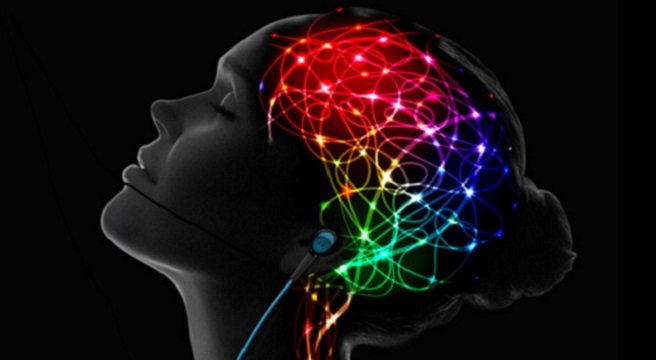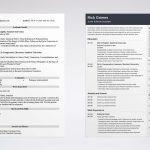Train your Brain – The most important thing in anyone’s life is of course learning. Whatever goal you choose it goes through the path of learning, interesting or not is definitely not so easy.
But did you ever realise that your brain also has tastes, likes and dislikes, etc. simply because your brain is nothing but you? If the answer is no then the next few tricks are definitely for you.
When I say learning I am not only talking about studies but any kind of study, a hobby or a skill etc.
Learning is not a one-step process. If we look carefully it depends on a number of factors. Some can be easily controlled and some can’t be.
Inside factors
#1 Involve Senses
Our brain has a habit of associating information with all the senses (touch, hear, see etc.) that we have.
So the best way to memorize anything is to involve as many senses as you can. Read about it, watch videos, and may be written as well. Try imagining it.The more you are able to convert it into something real rather than raw data, the more chances you will remember it.
For example, People trying to learn information are able to learn faster & retain better when along with reading data, they also speak it, write it & also speak it in not literally but in mind.
#2 Beware of Habituation
Consider an example here, a pet dog was always given food in his cage at the ring of a bell. After continuing it for several days, one day only the bell was rung, the food was not served but the dog already had saliva in his mouth. This is called as habituation where the reason for a particular reaction was changed. Now the reason for producing saliva was not food but the sound of the bell. This phenomenon is common in all living beings even us.
Similarly, if you have a habit of studying always in the same condition you have habituated the environment and have become dependent on it. A sudden change in environment, for example, sitting in an examination hall instead of your room will affect your performance drastically. So don’t get habituated, keep changing the place where you study, the music you hear while studying or what you eat during the study.
#3 Use your Imagination
We can use our imagination to create a meaningful piece of visual information (not literally meaningful) as something easy to remember.
For example:
Ram 178cm is piece of data
Ram’s height is 178 cm is piece of information
Imagine a very tall guy, so tall that you can’t see his face above clouds & he speaks himself 178cm. That is visual information. A piece of visual information is always easy to remember.
This is one of the secrets behind the success of many memory masters. Creating visual information is an art & can be excelled over time.
#4 Have a Good Physical Posture
Having a good physical posture is very important. If the posture is very comfy for example laying on a couch, sofa or bed, your brain may try to sleep because that’s what it has learned to do there. So choose a position in which your brain knows you are supposed to study. At the same time, it is very important that you choose a posture which can be replicated in your exams.
Outside Factors
#5 Use your Surroundings
Since our brain associates information with senses, it also gets linked to our surroundings. Surroundings mean the place you choose to study or practice, temperature, food you are eating at that moment etc. By manipulating your environment we can create different folders in our brain for different things. So in order to create different folders in your brain try choosing a particular kind of environment for a particular subject or field. So the brain always associates one unit of information with one type of environment & never jumbles up.
Example: Solve maths problems at your desk.
Study history at terrace
Learn English while sitting on a chair
Don’t have that much of space, no problem. Even changing your position in your room will work. No need to go extreme.
#6 Be Comfortable
If you are not comfortable while learning maybe because of your surrounding temperature, humidity or your own posture etc., you are giving your brain a reason for deviation. Make sure you are comfortable because otherwise a part of your brain’s focus will be utilized in on that and you will be not be utilizing your 100% potential.
#7 Make Some Noise – Brain Party
Always put a gap in between when you change subjects or books and accompany that gap with music. It has been found that music is the ultimate cure for mental fatigue (tired due to constant work) & also helps in increasing concentration. Moreover, if you are unable to remember anything try humming the song that you were listening to while studying, it will help you remember.

I hope the tricks & tips mentioned here will help you keep your brain active & learns fast as you can. So don’t wait to start your learning’s today. Don’t forget to Comment and Share, If you like the article.



Oooo such a great article
Amazing
Thank you so much for your precious time in writing this post.
1stclss
Thanks Anshuman.
5